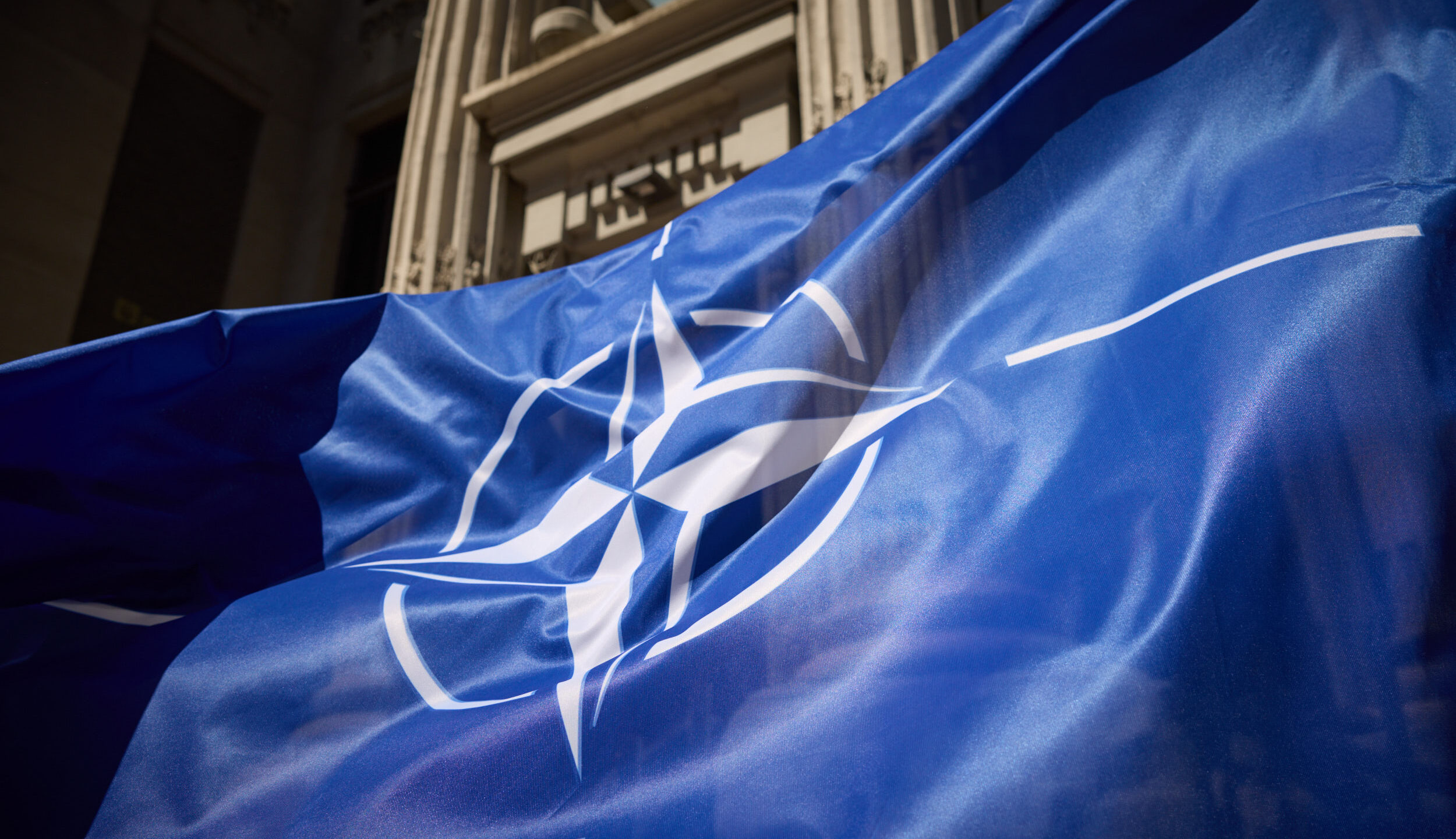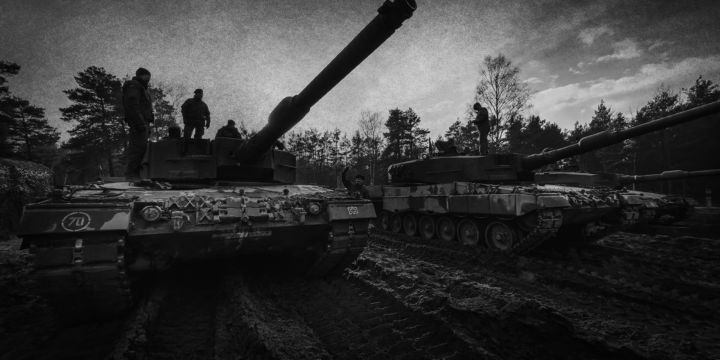July 27, 2024
Western leaders can learn from Viktor Orban’s ‘peace mission’

The recent NATO Summit in Washington D.C. was convened to celebrate the alliance’s 75th anniversary and address mounting challenges around the world. Despite ever increasing stakes, the bottom line of the summit’s final declaration is not substantially different from previous communiques: Ukraine will become a member of NATO at some unspecified point in the future. The summit itself ultimately turned out to be a non-event and was dominated by episodes on the sidelines.
Predictably, American domestic politics featured prominently. After a subpar performance at the first presidential debate and a brutal news cycle that took aim at Biden’s age, the president again put the spotlight on his mental acuity when he introduced Ukrainian President Zelensky as “President Putin” during a NATO press conference. Biden has since suspended his reelection bid, but his gaffes were not the only side show to overshadow the proceedings in Washington.
In the weeks preceding the summit, Hungary’s Prime Minister Viktor Orban traveled to Ukraine and Russia, to meet with the warring heads of state face-to-face. To top it off, Orban met Xi Jinping in Beijing the day before the NATO summit.
This world tour attracted a lot of attention during the Washington Summit. Orban’s diplomatic voyage to Russia has been criticized in the media and condemned within the EU. Despite negative coverage, Orban’s succinct report on his “peace mission” provides several insights worth paying attention to.
More on Europe

Featuring Jennifer Kavanagh
April 17, 2025

April 8, 2025
Events on Ukraine-Russia







